How to Choose a Rug for Your Kitchen
They say a rug can tie a room together, and your kitchen is no exception. Kitchen rugs have always served the role of keeping your kitchen floor safe from spills and adding a touch of comfort to this important space. If you’re interested in purchasing a rug for your kitchen, you might be wondering how to start your search. In this guide, we’ll go over some essential considerations to keep in mind when choosing a kitchen rug.

How to Choose a Rug for Your Kitchen
Kitchen rugs come in many shapes and sizes. Each one serves a specific purpose in this space. For example, if you intend to keep a kitchen rug by your sink to catch any water spills and offer comfort while washing the dishes, you should opt for a half-moon or semicircle-shaped rug. This rug’s long and straight edge will fit against your counter surface with the rounded portion facing the rest of your kitchen.
If you’re planning to squeeze a run between two long kitchen counters you can get a “runner” rug. These are long and narrow rectangular rugs designed to offer adequate rug cover for people walking in the space counters.
Similarly, if you intend to keep your kitchen rug under your table to add a touch of colour and provide extra comfort for the people seated there, you can opt for a circular rug if your table is round. If your kitchen table is rectangular, you should go with a rectangular rug. The goal is to ensure that everyone at the table can rest their feet on the rug with ease, so be sure to choose your shape accordingly.

A Size Guide for Your Kitchen Rug
Kitchen rugs also come in a wide range of sizes. This includes runners that are 2.5 feet wide and 8 or 12 feet long. Some rugs are 2 feet by 3 feet, 4 feet by 6 feet, and 5 feet by 8 feet in size.
You should always get a rug whose size is proportional to your kitchen’s size. Therefore, if you have a small kitchen, you should opt for a small rug. If your kitchen is large, you should go for a large rug with a big surface area.

Where Can You Place a Rug in Your Kitchen?
As mentioned earlier, your rug choice will also be influenced by where you intend to keep it. You can place your rug just about anywhere in your kitchen depending on how you intend to use it. If you spend a lot of time washing the dishes, you can keep them by your sink. If you use the stove or bake frequently, you can keep your rug by the stovetop.
You will need to choose a rug made from a specific type of material depending on your intended placement. Nylon and polyester repel oil, so a rug made from either of these materials would work great next to the stovetop.
Similarly, a rug or kitchen mat made from vinyl is great because it doesn’t absorb water. This makes it perfect to keep in front of the kitchen sink.
Learning More about Rugs
The guide above should help anyone who is struggling to choose the perfect kitchen rug. These floor coverings can enhance your kitchen’s appearance and comfort in many ways, so be sure to review these points before making your choice. If you would like to learn more about purchasing or caring for rugs, check out our blog.
Rug for Kitchen Ideas: Enhancing Your Culinary Space
Transform your kitchen with the perfect rug to add warmth and style. Consider durable, stain-resistant materials like polypropylene or nylon for high-traffic areas. Opt for low-pile rugs that are easy to clean and won't trap crumbs. Bold patterns can hide spills, while neutral tones create a seamless look. For a cosy feel, try textured rugs in natural fibres. Remember to choose non-slip options for safety in areas prone to spills.
Rug Ideas for Kitchen Sink Area: Comfort Underfoot
Make dishwashing more comfortable with a well-chosen sink area rug. Look for water-resistant materials that can withstand splashes. Cushioned mats provide relief for long periods of standing. Consider darker colours or patterns to conceal water spots. For a cohesive look, choose a rug that complements your kitchen's colour scheme. Ensure the rug has a non-slip backing to prevent accidents on wet floors.

Rug Ideas for Square Kitchen: Maximising Space and Style
In a square kitchen, rugs can help define zones and add visual interest. Consider a large square rug to anchor the space, or use multiple smaller rugs to highlight different areas. Geometric patterns can complement the room's shape, while round rugs can soften corners. For a modern look, try asymmetrical placement of rugs. Remember to leave enough space around the edges for easy movement and cleaning.
What Rugs Are Good for Kitchen: Practical and Stylish Options
The best kitchen rugs combine durability with style. Polypropylene and nylon rugs offer excellent stain resistance and easy cleaning. For a natural option, consider sisal or jute rugs with a protective coating. Flat-weave rugs are ideal for high-traffic areas and under tables. Look for machine-washable options for convenient maintenance. Choose rugs with non-slip backings to ensure safety on slippery floors.

Modern Kitchen Rug Ideas: Contemporary Flair for Your Floor
Add a modern touch to your kitchen with contemporary rug designs. Geometric patterns and abstract designs can create a striking focal point. Consider bold, contrasting colours to make a statement, or monochromatic schemes for a sleek look. Textured rugs in neutral tones can add subtle interest. For an eco-friendly option, look for rugs made from recycled materials. Remember to balance style with practicality by choosing durable, easy-to-clean options.
What Are the Best Kitchen Rugs: Top Choices for Functionality and Style
The best kitchen rugs combine durability, comfort, and style. Polypropylene rugs offer excellent stain resistance and easy maintenance. For comfort, consider gel mats or cushioned options in high-standing areas. Indoor-outdoor rugs provide versatility and easy cleaning. Look for low-pile designs to prevent tripping hazards. Choose rugs with non-slip backings for safety. For style, consider patterned rugs that complement your kitchen's colour scheme while hiding stains.
Should Kitchen Rugs Match: Coordinating Your Culinary Space
While kitchen rugs don't need to match exactly, they should coordinate with your overall decor. Consider choosing rugs that complement your colour scheme or pick up accent colours from your kitchen. For a cohesive look, select rugs with similar styles or patterns. If using multiple rugs, ensure they have a common element like colour or texture. Remember, contrast can be effective too – a bold rug can make a statement against neutral cabinetry.

Large Kitchen Rug Ideas: Making a Statement Underfoot
Large kitchen rugs can define spaces and add warmth to expansive areas. Consider a large area rug under a dining table to create a cosy eating nook. Use runner rugs along lengthy counters or islands. For open-plan kitchens, a large rug can help define the cooking area. Choose durable materials like polypropylene or wool blends for high-traffic areas. Bold patterns or rich colours can make a statement, while neutral tones create a seamless look.
Rug for the Kitchen: Essential Considerations for Comfort and Style
Selecting the right rug for your kitchen involves balancing practicality with aesthetics. Opt for stain-resistant materials like polypropylene or treated natural fibres. Consider low-pile rugs for easy cleaning and to prevent tripping. Choose non-slip options for safety, especially near sinks or prep areas. Darker colours or patterns can help hide spills and crumbs. For comfort, look for cushioned mats in areas where you stand for long periods.

Rug for Kitchen Floor: Durable and Stylish Options
When choosing a rug for your kitchen floor, durability is key. Polypropylene and nylon rugs offer excellent stain resistance and easy cleaning. For a natural look, consider sisal or jute rugs with a protective coating. Flat-weave rugs are ideal for high-traffic areas. Look for machine-washable options for convenient maintenance. Choose rugs with non-slip backings to ensure safety on slippery floors. Consider darker colours or patterns to hide dirt and stains between cleanings.
Rug for Kitchen Table: Creating a Cosy Dining Nook
Enhance your kitchen dining area with a well-chosen rug. Select a rug large enough to accommodate chairs when pulled out. Low-pile options are best for easy chair movement. Consider stain-resistant materials like polypropylene for easy cleaning of food spills. Patterned rugs can add visual interest and hide crumbs. Ensure the rug has a non-slip backing to prevent sliding. Choose a style that complements your table and chairs for a cohesive look.

Rug for Kitchen Sink: Comfort for Culinary Tasks
Make dishwashing and prep work more comfortable with a well-chosen sink area rug. Look for water-resistant materials that can withstand splashes. Cushioned mats provide relief for long periods of standing. Consider darker colours or patterns to conceal water spots. Ensure the rug has a non-slip backing to prevent accidents on wet floors. Choose a size that covers the main standing area without obstructing cabinet doors.
Rug for Kitchen Area: Defining Spaces with Style
Use rugs to define different areas within your kitchen. For open-plan spaces, a large rug can help delineate the cooking zone. In galley kitchens, runner rugs can add warmth and colour. Consider matching smaller rugs in prep and sink areas for a cohesive look. Choose durable, easy-to-clean materials like polypropylene or nylon. Opt for low-pile rugs to prevent tripping hazards and make cleaning easier.

Rug for Kitchen Sink Area: Combining Comfort and Practicality
Enhance your sink area with a rug that offers both comfort and functionality. Choose water-resistant materials like polypropylene or treated natural fibres. Cushioned mats can provide relief during long dishwashing sessions. Opt for darker colours or patterns to hide water spots and stains. Ensure the rug has a strong non-slip backing to prevent slipping on wet floors. Consider a washable rug for easy maintenance in this high-splash zone.
Rug for Kitchen Island: Stylish Comfort for Prep Areas
Add comfort and style to your kitchen island area with the right rug. Choose a rug large enough to cover the standing area around the island. Low-pile options are best to prevent tripping and allow for easy movement of bar stools. Consider stain-resistant materials like polypropylene for easy cleaning. Patterned rugs can add visual interest and hide crumbs. Ensure the rug has a non-slip backing to keep it securely in place.

Rug for Kitchen Door: Welcoming Entryways and Mud Control
Choose a practical yet stylish rug for your kitchen door area. Opt for highly absorbent materials like coir or microfiber to trap dirt and moisture. Consider darker colours or patterns to hide dirt between cleanings. Indoor-outdoor rugs are ideal for transitional spaces. Ensure the rug has a strong non-slip backing to prevent sliding on smooth floors. Choose a size that fits within the door swing to avoid obstruction.
Rug for Kitchen Runner: Elongated Style and Comfort
Enhance your kitchen with a stylish and functional runner rug. Choose a length that fits your specific area, whether along a galley kitchen or in front of a counter. Opt for durable, stain-resistant materials like polypropylene or nylon. Low-pile options are best for easy cleaning and to prevent tripping. Consider patterned designs to add visual interest and hide crumbs. Ensure the runner has a non-slip backing to keep it securely in place on smooth floors.
People Also Asked
Types of Kitchen Rugs
What type of rug is best for a kitchen?
Low-pile, durable, and easy-to-clean rugs are ideal for kitchens. Consider materials like:
- Polypropylene
- Nylon
- Cotton
- Bamboo
What should rugs in the kitchen have?
Kitchen rugs should have:
- Non-slip backing for safety
- Stain-resistant properties
- Machine-washable fabric for easy maintenance
What is the best rug pile for kitchen?
Low-pile or flat-weave rugs are best for kitchens. They're easier to clean and less likely to trap dirt or spills.
Is a wool rug good for the kitchen?
While durable, wool rugs can be high-maintenance for kitchens. Synthetic materials are often more practical.
Can I use an outdoor rug in my kitchen?
Yes! Outdoor rugs are often perfect for kitchens due to their durability and easy-to-clean nature.
Choosing and Placing Kitchen Rugs
How to pick kitchen rugs?
Consider:
- Durability
- Ease of cleaning
- Non-slip properties
- Size and shape
- Color and style
How should a rug fit in a kitchen?
Rugs should:
- Leave walkways clear
- Fit proportionally to the space or furniture they're under
- Not obstruct door openings
What shape rug for kitchen?
Shape depends on your kitchen layout:
- Rectangular for galley kitchens or in front of sinks
- Round for eat-in areas or center islands
- Runner for long, narrow spaces
What size rug is good for a kitchen?
Size varies based on placement:
- 2x3 feet for sink areas
- 3x5 feet for larger work areas
- Runners (2x6 to 2x8 feet) for galley kitchens
How to arrange kitchen rugs?
- Place rugs in high-traffic areas
- Use runners in narrow spaces
- Ensure rugs are not a tripping hazard
Specific Placement Questions
Should you put a rug in front of the kitchen sink?
Yes, a rug in front of the sink can:
- Provide comfort while standing
- Absorb water splashes
- Protect flooring
Do you put a rug in front of a refrigerator?
It's not necessary, but a small rug can:
- Catch spills
- Provide a visual anchor
Is a rug under kitchen table a good idea?
Yes, it can:
- Define the dining area
- Protect flooring from chair scrapes
- Add comfort underfoot
Should I put a rug by my kitchen sink?
Absolutely! It offers:
- Comfort for long standing periods
- Protection against water damage
- A pop of style
Should I place a rug under kitchen table?
Yes, it's a great idea to:
- Define the dining space
- Protect flooring
- Add warmth and style
Kitchen Rug Practicality
Are rugs in kitchens a good idea?
Yes, kitchen rugs can:
- Enhance comfort
- Reduce noise
- Protect flooring
- Add style
Do kitchen rugs get dirty?
Yes, but choosing easy-to-clean materials and regular maintenance can keep them fresh.
Is a rug in the kitchen practical?
With the right choice, yes! Look for:
- Stain-resistant materials
- Machine-washable options
- Non-slip backing
Do I need a mat in my kitchen?
While not essential, kitchen mats offer:
- Comfort during long cooking sessions
- Protection for your floors
- Added safety with non-slip options
Kitchen Rug vs. Mat
What is the difference between a kitchen mat and a rug?
- Mats are typically thicker, with anti-fatigue properties
- Rugs are more decorative and come in various sizes and shapes
What type of mats should be used in the kitchen?
Ideal kitchen mats are:
- Anti-fatigue for comfort
- Water-resistant
- Easy to clean
- Non-slip
How do I choose a kitchen mat?
Consider:
- Size of the area
- Anti-fatigue properties
- Water-resistance
- Non-slip backing
- Ease of cleaning
How many kitchen mats should I have?
Typically, 2-3 mats are sufficient:
- In front of the sink
- In front of the stove
- In a high-traffic area or prep zone
Buying and Caring for Kitchen Rugs
How to buy rug for kitchen?
- Measure your space
- Consider traffic patterns
- Choose durable, easy-clean materials
- Look for non-slip backing
- Select a style that complements your kitchen
What kind of backing should a kitchen rug have?
Kitchen rugs should have a non-slip, rubber, or latex backing for safety and stability.
Can you put a rug on a kitchen floor?
Yes, but ensure it has:
- Non-slip backing
- Stain-resistant properties
- Easy-to-clean material
Design and Style Considerations
Do kitchen rugs have to match?
No, but they should:
- Complement each other
- Coordinate with your kitchen's color scheme
- Create a cohesive look
Should you have a large rug in a kitchen?
Large rugs can work in spacious kitchens:
- Define zones in open-plan layouts
- Add warmth to large spaces
- Ensure it doesn't obstruct workflow
What is the purpose of a kitchen rug?
Kitchen rugs serve multiple purposes:
- Comfort underfoot
- Protection for flooring
- Noise reduction
- Style enhancement
- Safety (with non-slip backing)
Should you have a rug in a kitchen?
Having a rug in the kitchen can be beneficial. It adds warmth and comfort underfoot, especially on hard surfaces. Rugs can also protect flooring from spills and wear. However, choose a durable, easy-to-clean option to withstand kitchen messes and frequent foot traffic.
Do people still use kitchen mats?
Yes, kitchen mats remain popular. They offer ergonomic support for those who spend long periods standing while cooking or washing dishes. Modern kitchen mats come in various styles and materials, making them both functional and aesthetically pleasing additions to kitchen decor.
Why do people have a rug in the kitchen?
People use rugs in kitchens for several reasons. They enhance comfort during food preparation, reduce noise from footsteps and dropped items, and add a decorative element to the space. Rugs can also define specific areas within open-concept kitchens and protect flooring from scratches and stains.
Is carpet in a kitchen a good idea?
Generally, wall-to-wall carpet is not ideal for kitchens. Kitchens are prone to spills and moisture, which can lead to mold and bacterial growth in carpets. Hard surfaces like tile or hardwood are easier to clean and maintain. However, strategically placed area rugs can provide the benefits of carpet without the drawbacks.
What type of rug is best for kitchen?
The best kitchen rugs are durable and easy to clean. Materials like polypropylene or nylon resist stains and moisture. Flat-weave or low-pile rugs are easier to vacuum and less likely to trap debris. Consider rugs with non-slip backing for safety, and choose patterns that can hide minor stains between cleanings.
Are kitchen mats worth it?
Kitchen mats are often worth the investment. They provide cushioning for joints, reducing fatigue during long cooking sessions. Quality mats can improve kitchen safety by offering traction on slippery floors. Additionally, they protect underlying flooring from wear and tear, potentially saving money on floor maintenance long-term.
Where to put rugs in kitchens?
Strategic rug placement enhances kitchen functionality and aesthetics. Place rugs in high-traffic areas like in front of the sink or stove. For larger kitchens, consider a rug under the dining table or in the center of the room. In galley kitchens, a long runner can add visual interest and comfort along the main pathway.
Do people still use tile in kitchen?
Tile remains a popular choice for kitchen flooring and backsplashes. It offers durability, water-resistance, and easy maintenance. Modern tile options include a wide range of styles, colors, and patterns, allowing for customized designs. While other materials like luxury vinyl and hardwood have gained popularity, tile continues to be a practical and attractive option for many homeowners.
Related Blog Posts
Related Rug Collections




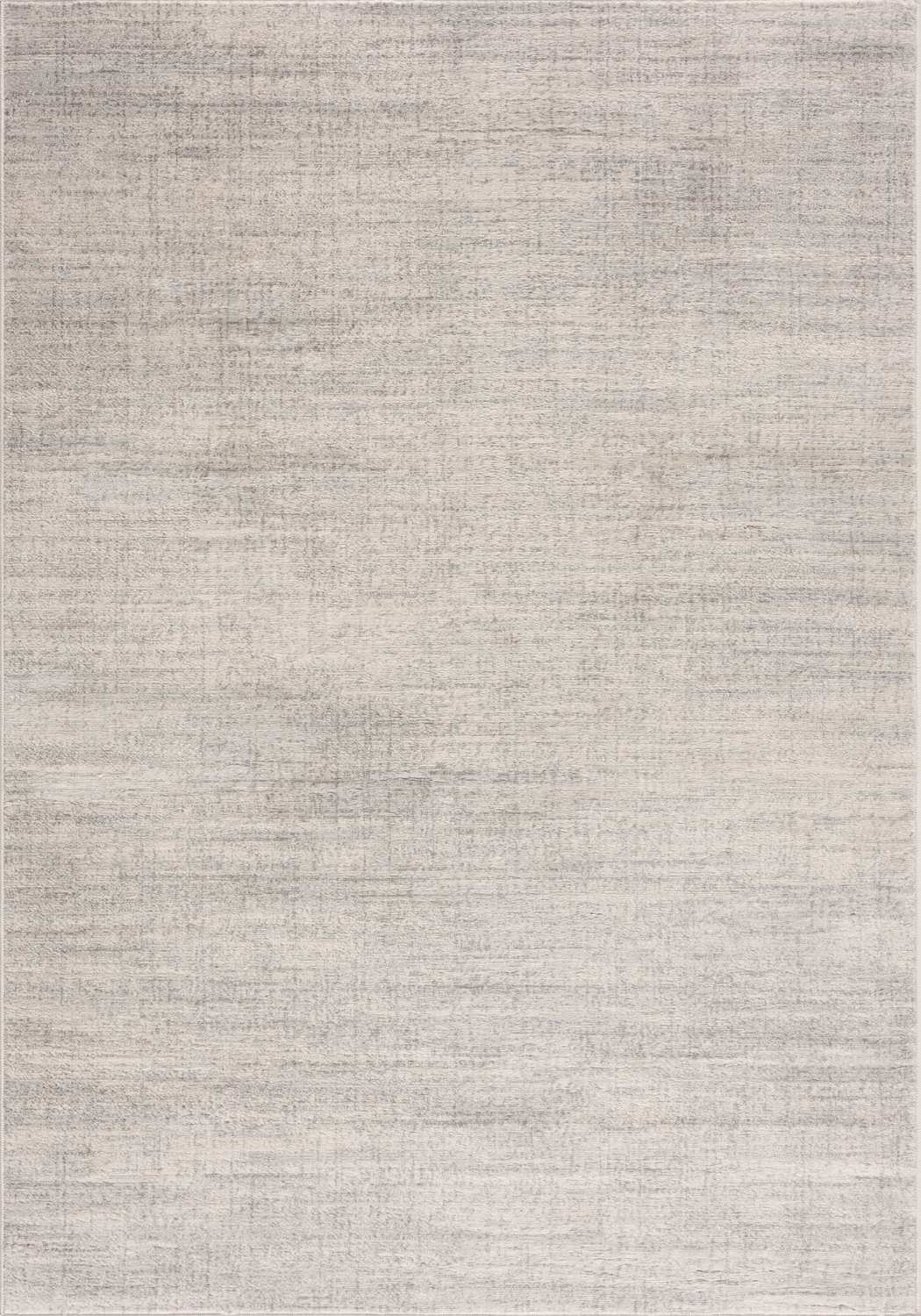
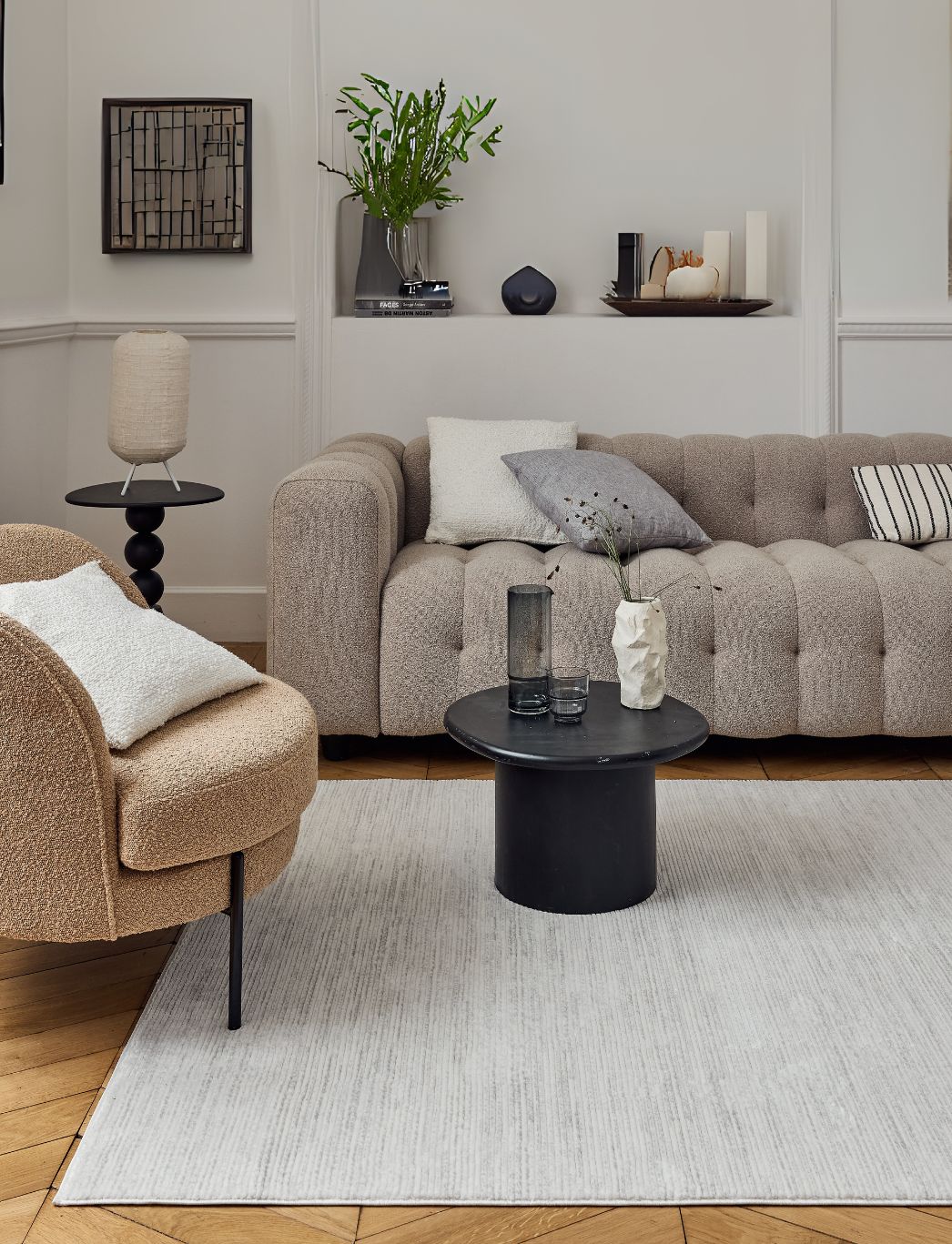
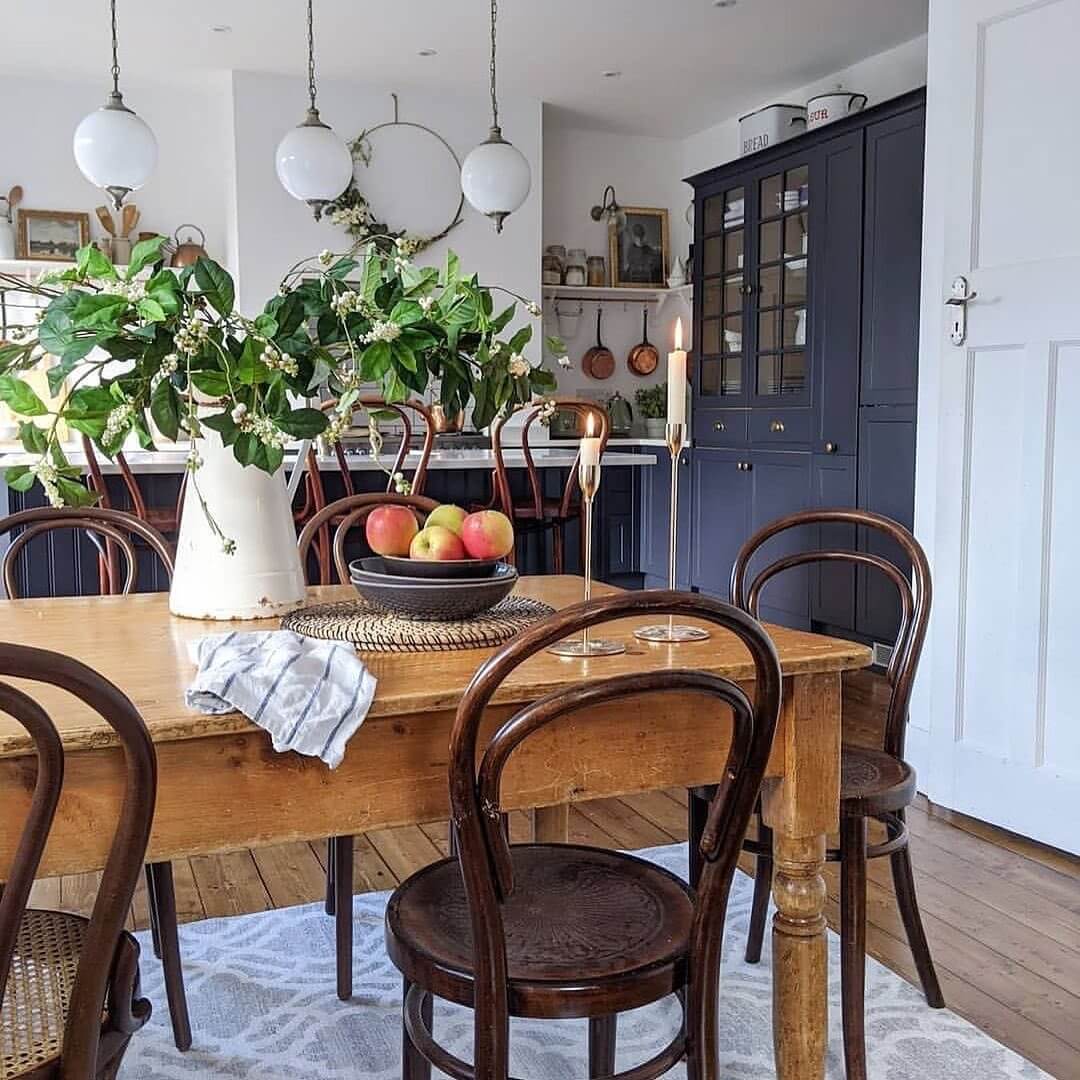
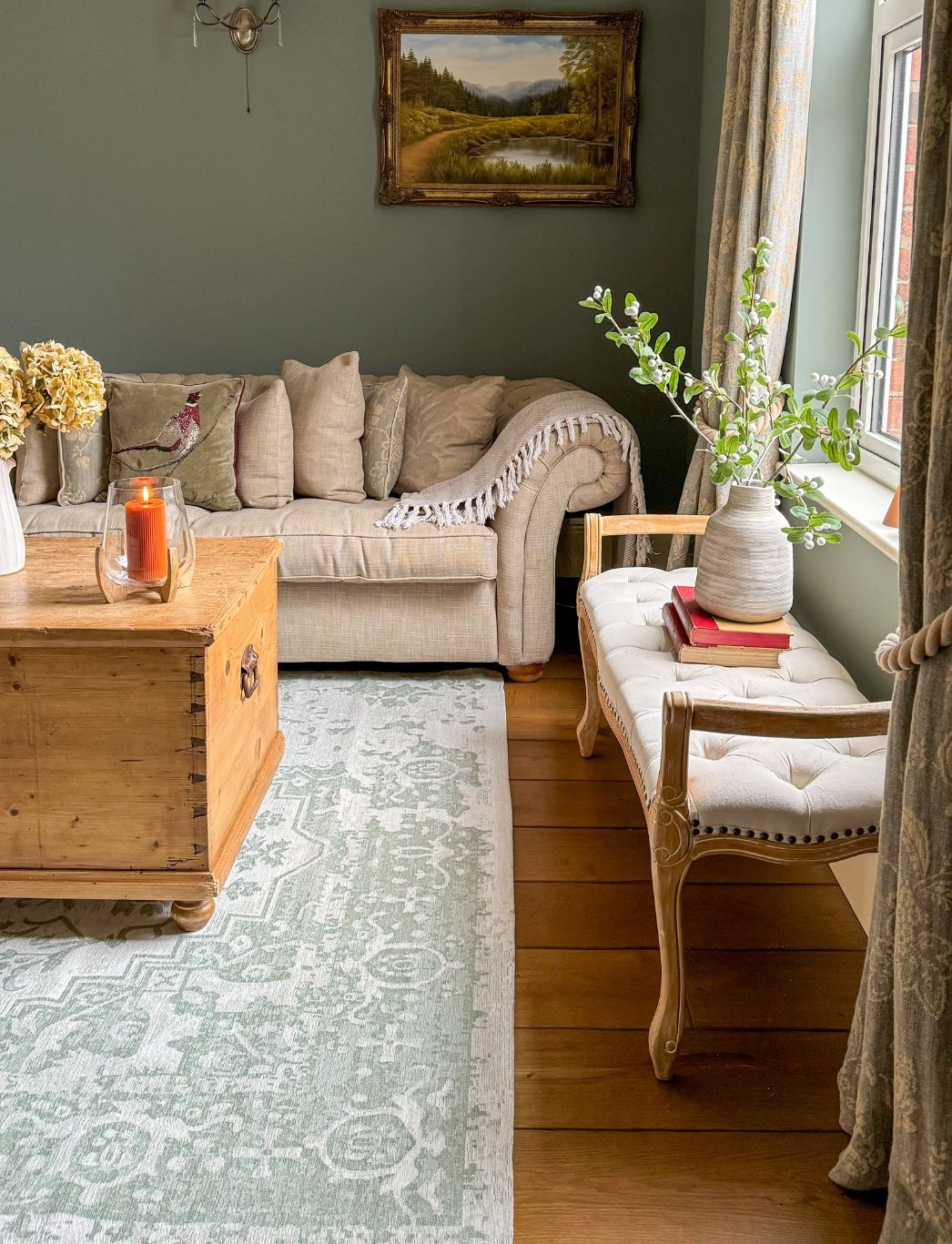
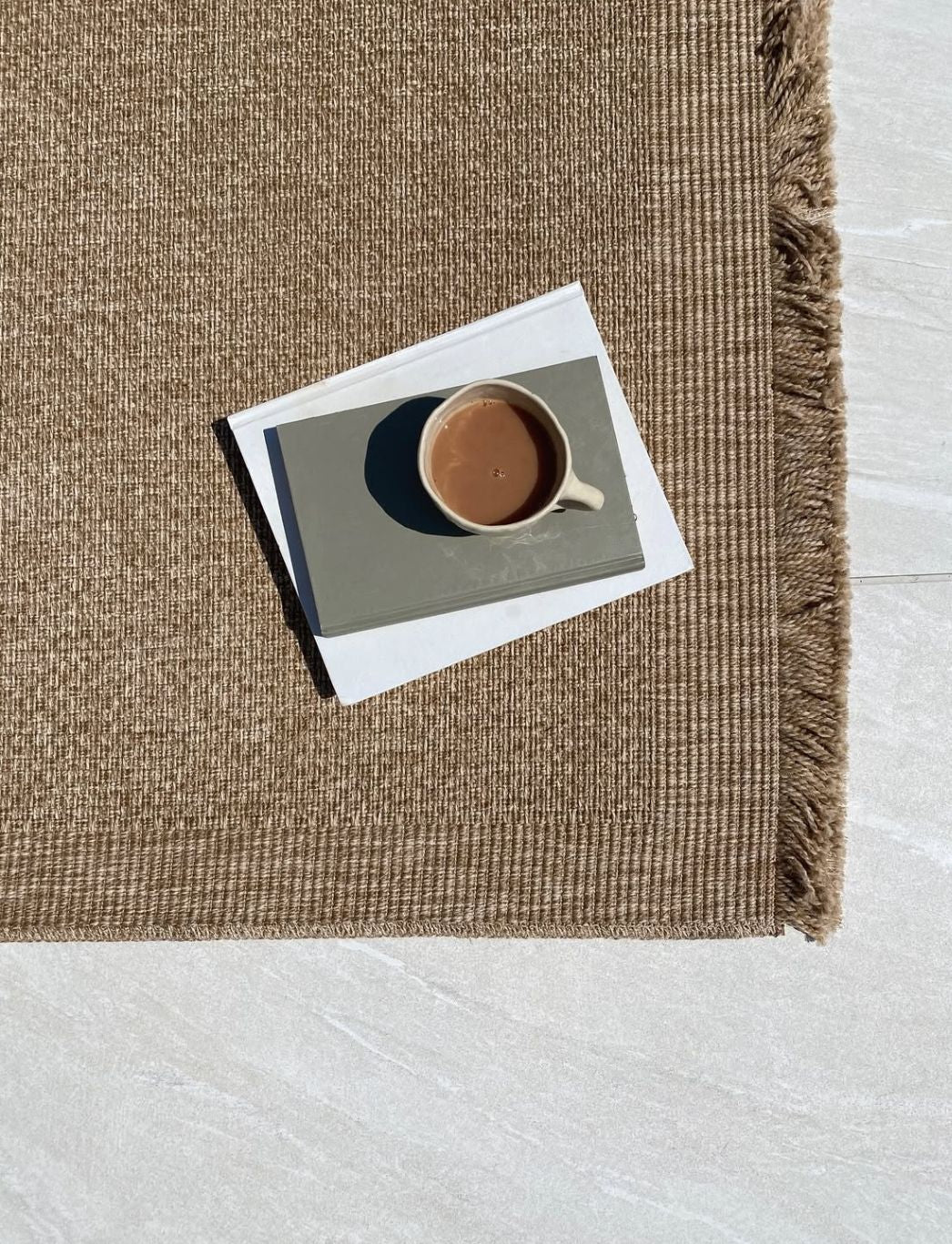
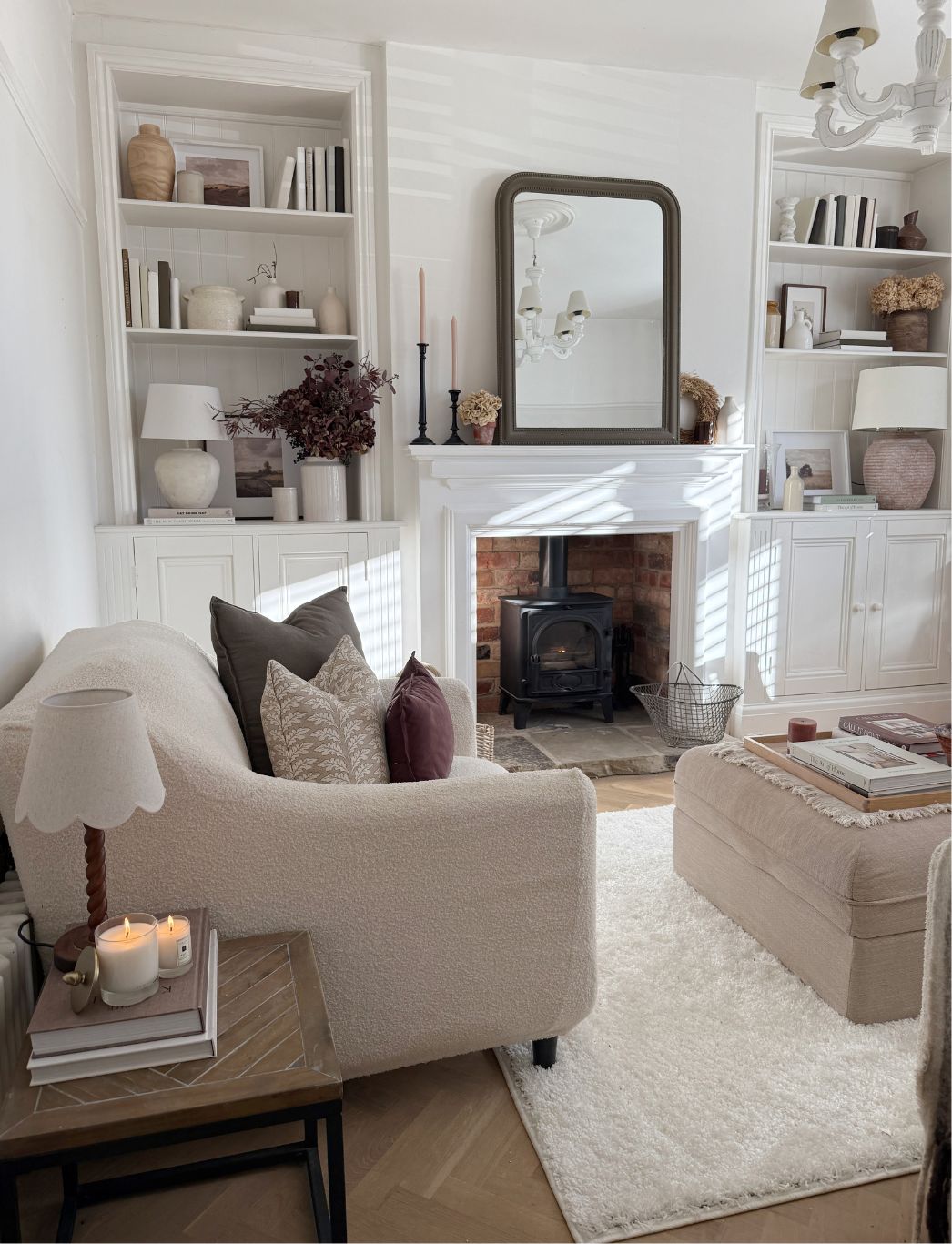
Leave a comment